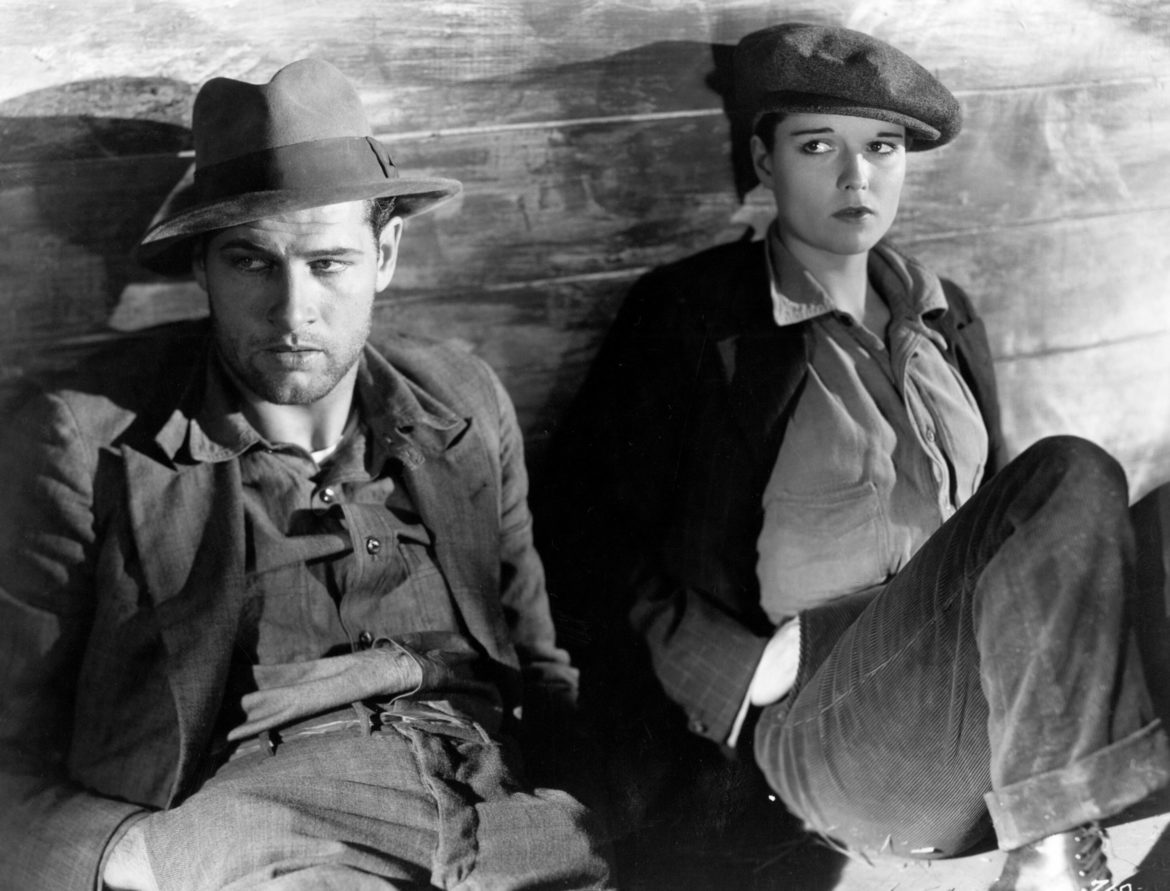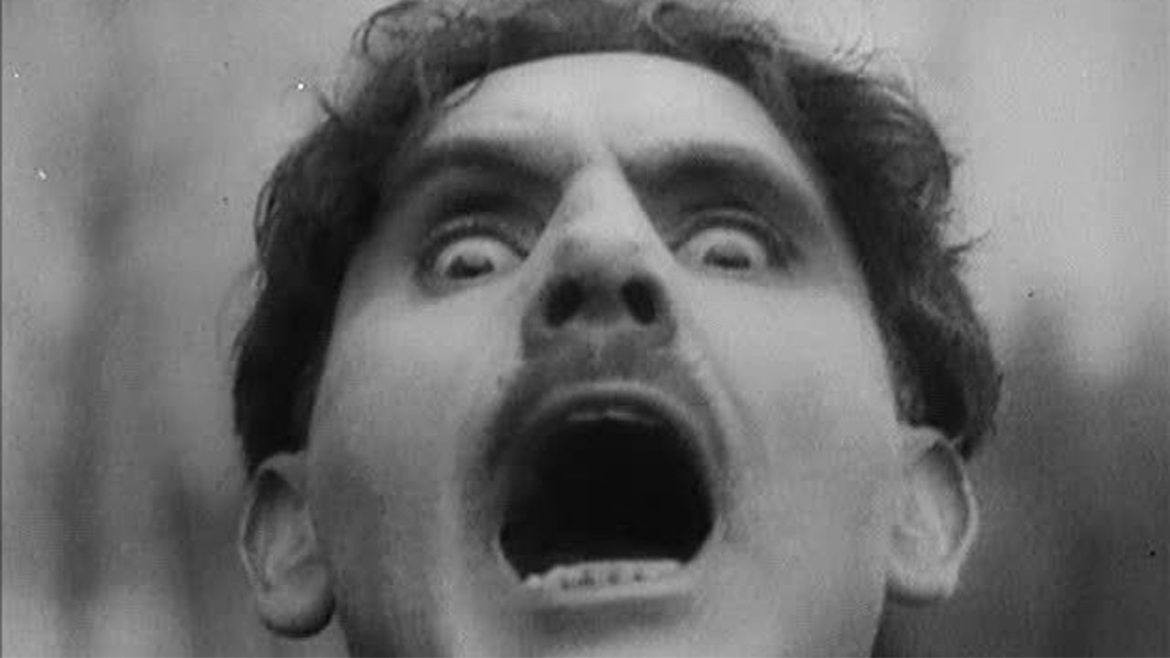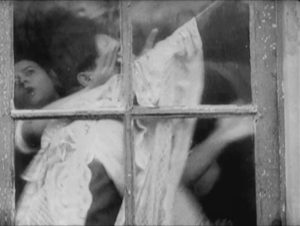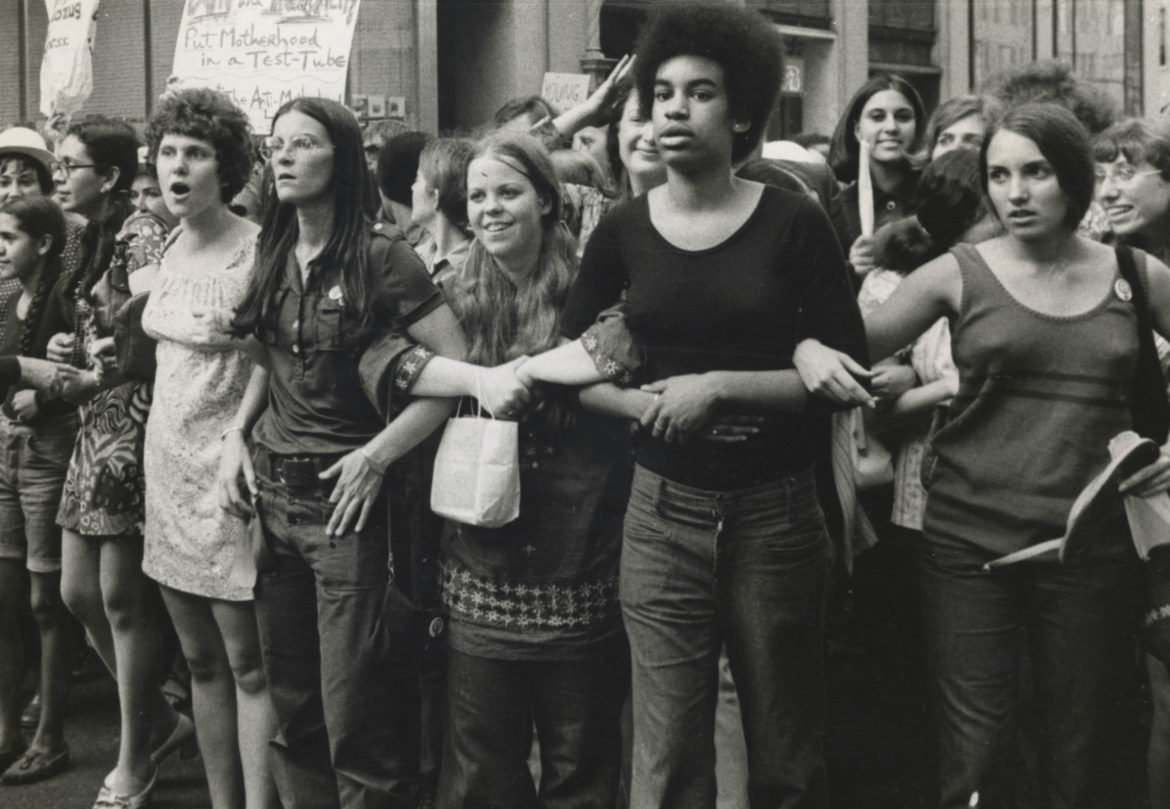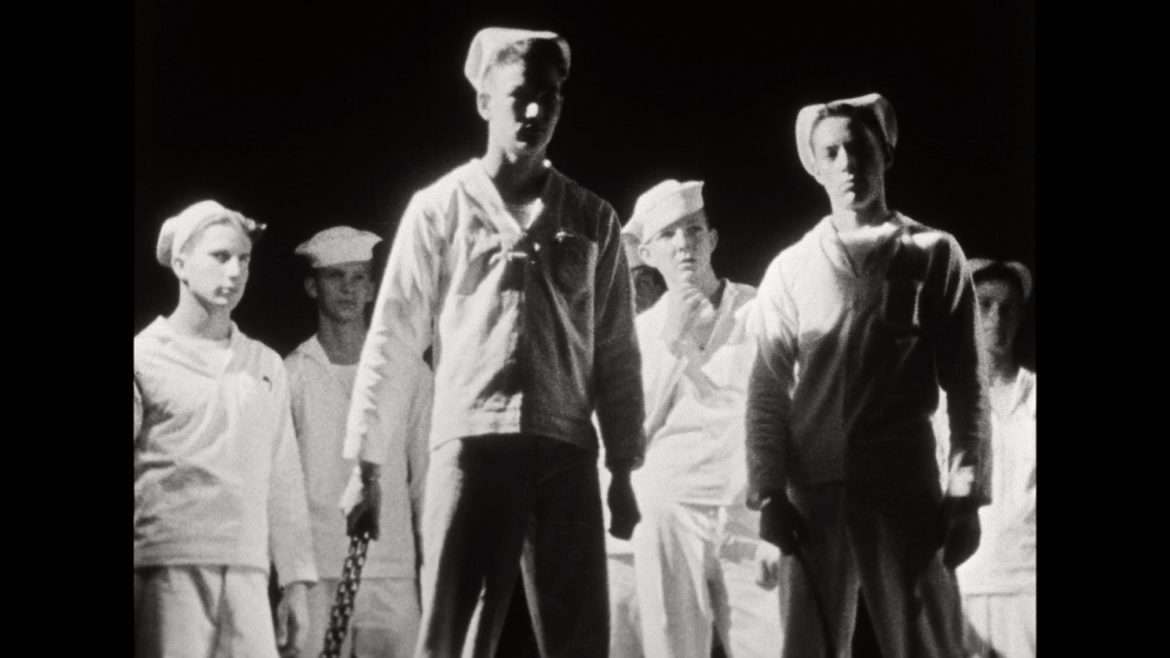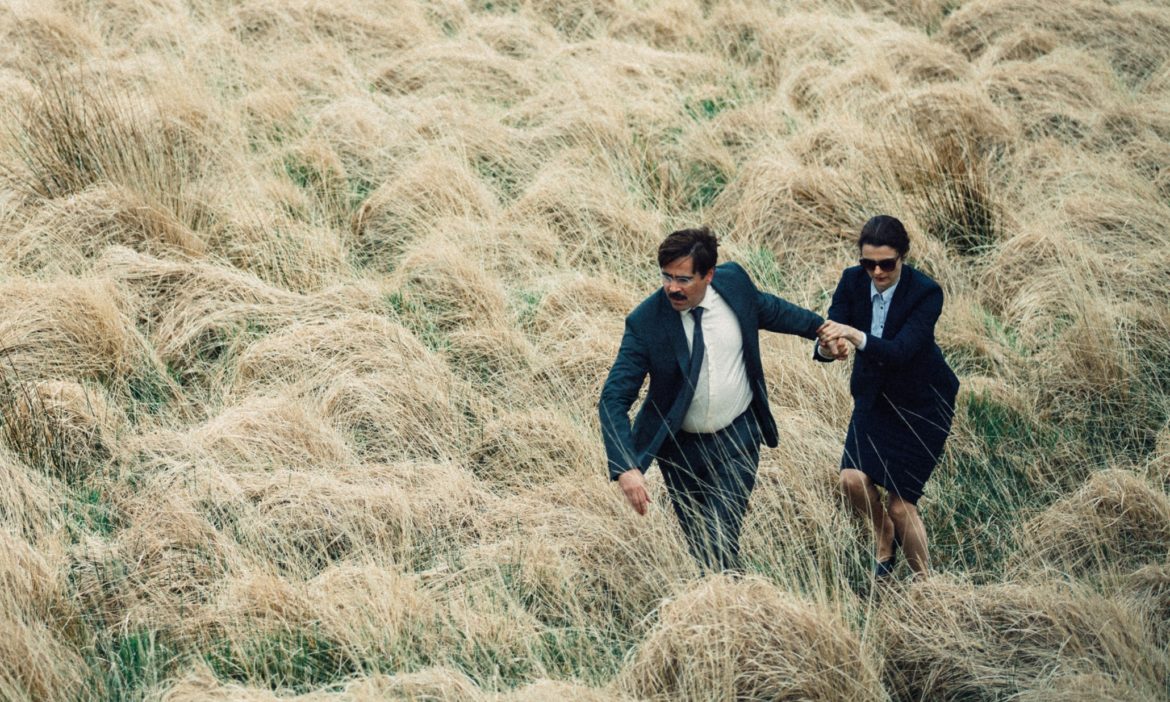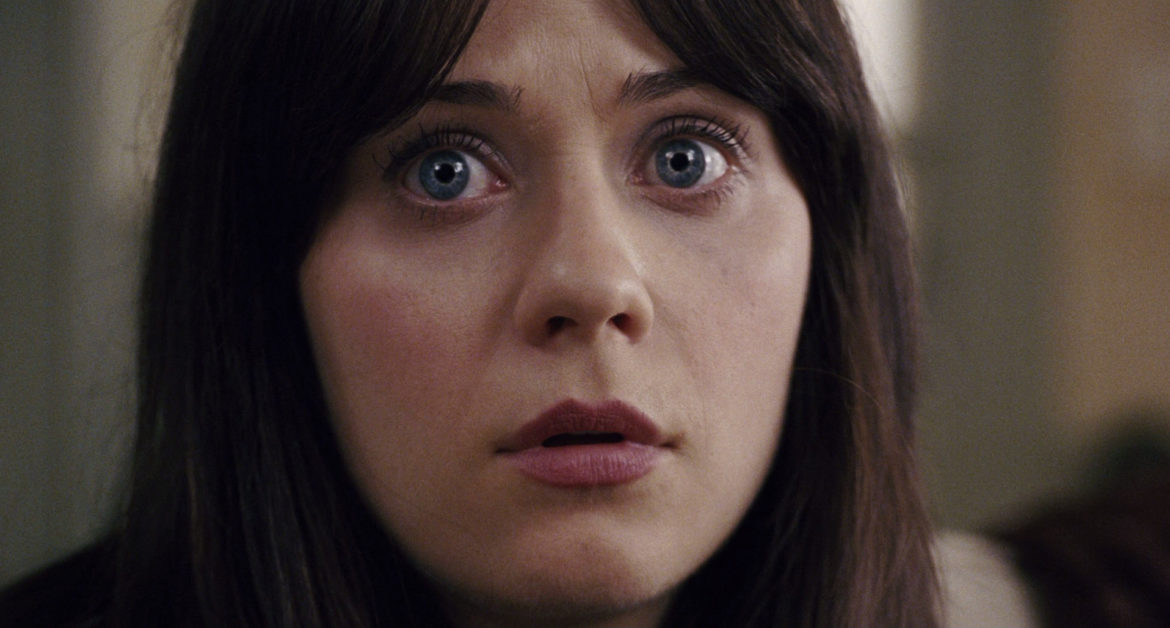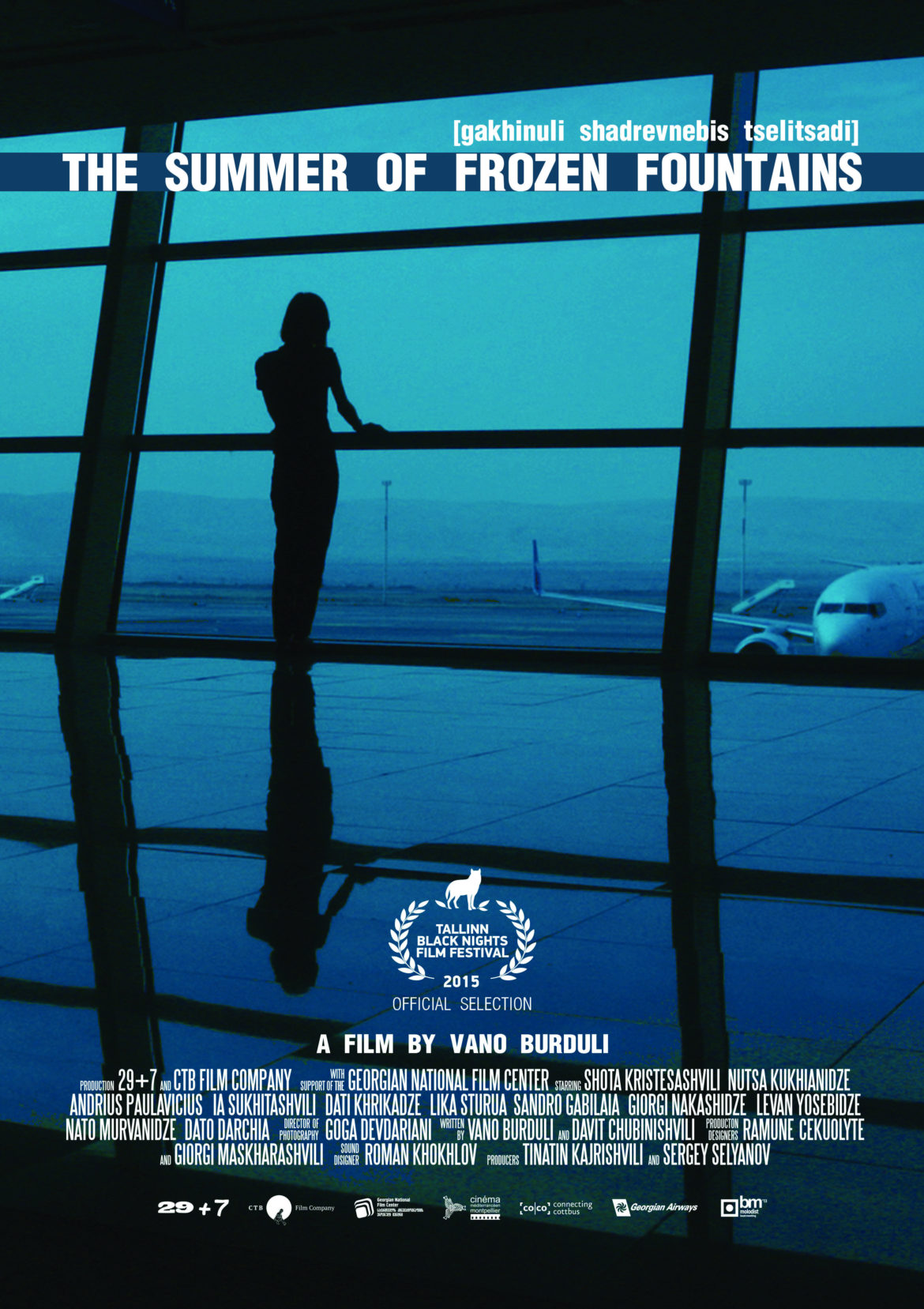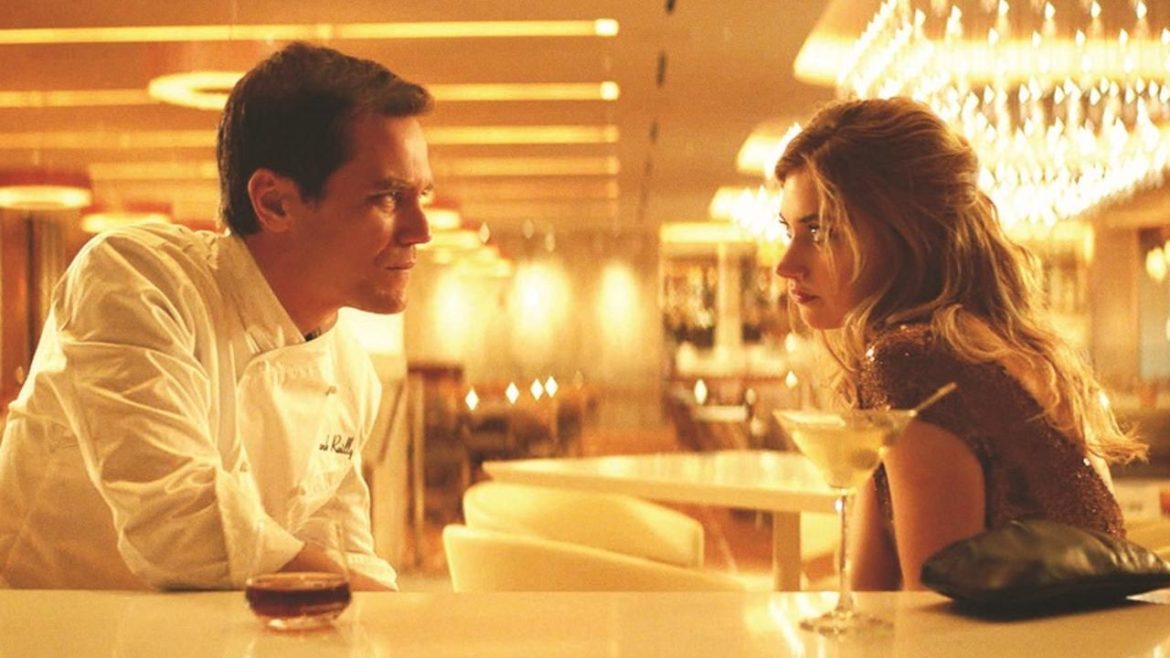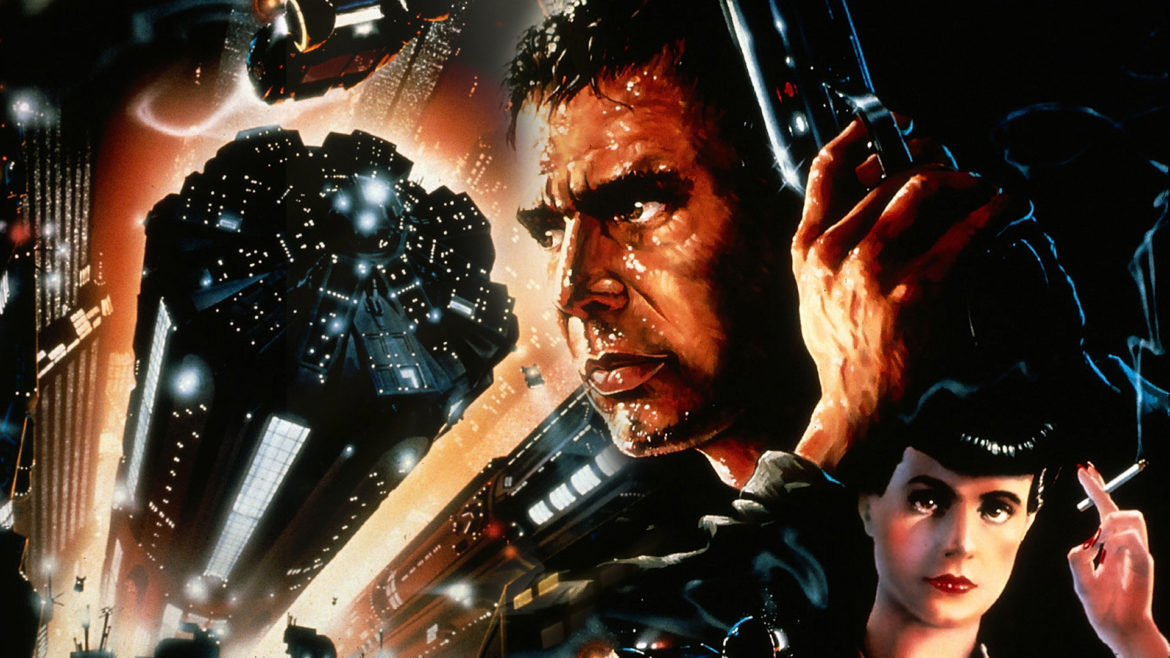Starring the great Louise Brooks, in her final American film before high-tailing it abroad and becoming an icon in G.W. Pabst’s Pandora’s Box (1929), the gritty, tragi-comic hobo yarn Beggars of Life opened the 2016 San Francisco Silent Film Festival last Thursday.
Film
Here’s what transpires in the astonishing first 56 seconds of Ménilmontant, Dimitri Kirsanoff’s 1926 avant-garde masterpiece.
Delicate curtains flutter inside a home’s open window. Suddenly, a woman’s frightened face appears behind them, an assailant trailing. The doorknob turns frantically. The door finally opens and the woman emerges.
Watching She’s Beautiful When She’s Angry, director Mary Dore’s perfectly agreeable and accomplished 2014 documentary about the birth of the modern women’s movement in the U.S., it’s hard not to feel there’s something staid about the proceedings.
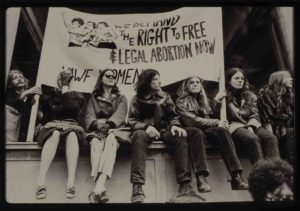 This is less the fault of the film itself than a reflection of how exciting the landscape of documentary film has become in recent years.
This is less the fault of the film itself than a reflection of how exciting the landscape of documentary film has become in recent years.
Fireworks: Look Back On Kenneth Anger
Like his hero Jean Cocteau, Kenneth Anger is a mercurial and scandalous figure in 20th century art. An Aleister Crowley-influenced occultist, associate of counter-culture figures ranging from Mick Jagger to Charles Manson acolyte and convicted murderer Bobby Beausoleil, and author of the notorious Hollywood Babylon, a profoundly dubious book of gossip which The New York Times famously proclaimed to be “without one single redeeming merit,” Anger’s notoriety often threatens to overshadow his artistic output as an avant-garde filmmaker.
The Lobster, Greek writer/director Yorgos Lanthimos’ deadpan dystopia and English-language debut, plays its fairy-tale absurdity completely straight, and its weird power accumulates from there.
A plot summary reads as farce, and there are certainly farcical elements. In a world that is recognizably ours and yet exhibits all the trappings of a near-future period piece, or maybe a Wes Anderson whimsy turned poisonous, coupledom is the norm: singles are sequestered into a castle-like hotel and given 45 days to find their mate.
I have now watched M. Night Shyamalan’s The Happening three times in as many days, and it remains entirely perplexing.
I tried several times to conjure up a proper review, but the film itself is so fragmented and bizarre that a standard write-up would fail it.
Part of an ongoing effort to watch a set of films from non-White, non-U.S., non-male, and/or non-straight filmmakers and depart a little from the Western canon. The intro and full list can be found here.
Maya Deren’s hugely influential 1943 short Meshes of the Afternoon played a key role in kicking off the New American Cinema Group, and has lost none of its power to entrance in the 70-plus years since.
The Summer of Frozen Fountains is a charming portrait of Tblisi, despite nothing happening
The Georgian film The Summer of Frozen Fountains, director Vano Burduli’s second feature, is a curious beast. It’s light on its feet, dipping in and out of the lives of numerous characters, but seems almost stubborn in its refusal to amount to much.
Matthew Ross’ inspired, tense debut Frank & Lola wears its influences on its sleeve – De Palma, Polanski, echoes of Eyes Wide Shut. It makes the most of leads Michael Shannon and Imogen “Best Name In Show Business” Poots, both of whom are having banner years with Midnight Special and Green Room, respectively, and upends audience expectations at regular intervals.
If you know one thing about Hampton Fancher, it’s very likely either his early success on “Bonanza” or that he’s credited with co-writing Blade Runner, Ridley Scott’s classic adaptation of Philip K. Dick.
But did you know he ran away from home at 15 to become a flamenco dancer, hopping a boat to Spain and renaming himself “Mario Montejo”?

